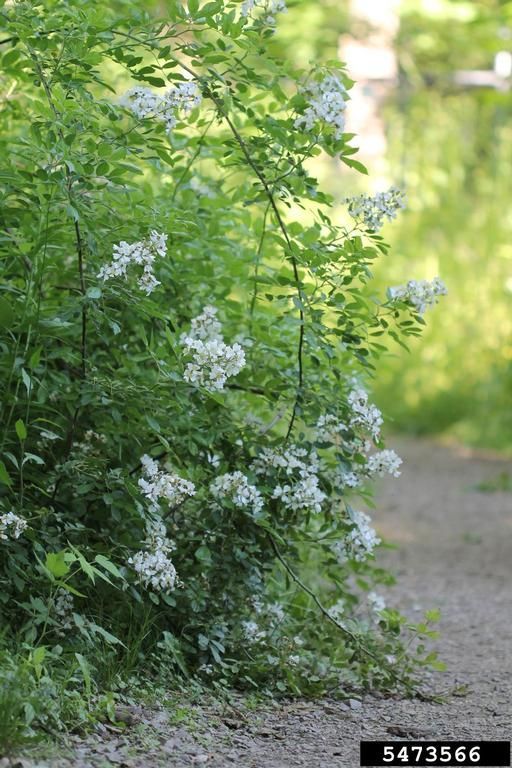Red Cedar River Clean Up
On July 13th, MUCC partnered up with Michigan State University’s Landscape Services for a joint Red Cedar River Clean up event. About two miles of the Red Cedar River run through MSU’s campus, this thriving ecosystem supports many of the local wildlife in the area, along with being a subwatershed to the Upper Grand River Watershed. Even more exciting is that the Red Cedar is regularly stocked with steelhead by the Michigan Department of Natural Resources, providing a great fishing opportunity for students, staff and residents. This two-mile section runs right through MSU’s campus where trash accumulates along the banks of the river as well as along the river bottom.
Holding a clean-up event such as this one is vital for the health of aquatic habitats. This partnership project was funded in part by grants from the Michigan’s Volunteer River, Stream and Creek Cleanup Program through the Michigan Department of Environment, Great Lakes and Energy (EGLE) and through Consumer’s Energy Foundation Planet Grant.
Volunteers and MUCC and MSU staff meet right by the Sparty statue for a brief welcome and introduction to the Red Cedar River and then it was time to get in the water for conservation! At least 5 bikes were pulled out of the river and 500 lbs of trash were collected in the one-mile span of the river that was cleaned up. Over 32 individuals young and old showed up to give back to their community and to the river. Whether they where chest-high in the river grabbing out volleyballs and street signs or picking up plastic water bottles along the riverbank these volunteers were committed to making this river better for the next generation to enjoy.
If you live on the west side of the state and want to give back to your local watershed our next event is this upcoming Saturday! Join us for the fifth annual Manistee River Clean-Up event in partnership with Steelhead Manifesto on Saturday, July 20. Sign up for the event here We’ve got to do our part!
The post Red Cedar River Clean Up appeared first on Michigan United Conservation Clubs.
Recent Posts



